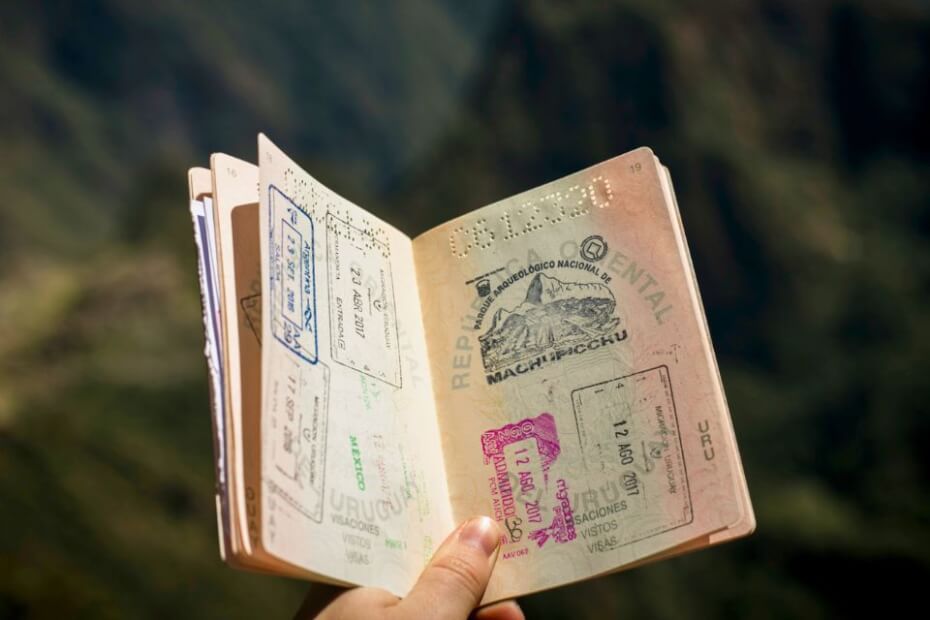
The United Kingdom (UK) Home Office has begun sending invitations to switch to eVisas to biometric residence permit (BRP) holders.
According to a news release, the Home Office started sending emails to BRP holders on 17 April.
The emails will contain invitations to create a UK Visas and Immigration (UKVI) account to access their eVisa.
An eVisa is an online record and digital proof of their immigration status. This demonstrates their right to live, work, study, and access public funds in the UK.
Creating a UKVI account is free. It will also not change, impact, or remove one’s current immigration status or rights in the UK.
“We’ve already taken really significant steps to digitally transform the border and immigration system,” said Tom Pursglove, Minister for Legal Migration and the Border.
He added that widespread eVisa rollout is a “key part” of that process. It paves the way for the government’s vision for a contactless border.
Email invitations will be sent out in phases before the process opens to all BRP holders in the summer of 2024.
This year, the government is gradually phasing out all physical documents used to prove one’s UK immigration status.
This includes BRPs, Biometric Residence Cards (BRCs), and passport endorsements, such as wet ink stamps and vignette stickers.
By 1 January 2025, the Home Office will no longer issue any physical immigration documents and will only issue eVisas.
Advantages of eVisas or digital immigration status
Switching to eVisas aligns with other countries replacing physical immigration documents with digital formats.
Pursglove stressed that replacing physical immigration documents with eVisas will “ensure firm control” over who comes to the UK to live, work or study.
He added that eVisas strengthen border security and prevent abuse of the immigration system while delivering cost savings for UK taxpayers.
Since an eVisa is a digital record of one’s immigration status, it cannot be lost or tampered with.
It is secure and linked to the holder’s unique biometric data, like a BRP or BRC, which prevents identity fraud.
Individuals can also access their rights and permissions without waiting for the physical document.
Another advantage of having a digital record of one’s permissions online is being able to access it anywhere and in real time.
This enables immediate updating of contact and passport details with the Home Office.
One can prove their rights by conducting a quick and simple check on the UK government website’s secure online service.
Several public bodies already use this online service to determine eligibility and access permissions for public services.
Individuals with valid permissions are also free of immigration control when traveling in and out of the UK.
Like the new Electronic Travel Authorization (ETA), eVisas are linked to their passport, which should be registered to their UKVI accounts.
Border officials can then scan their passports and access their visa or permission to enter and live in the UK.
Problems with Home Office eVisa online service
According to the Home Office, eVisas are “tried and tested,” as millions of individuals already use them.
This includes those granted settled and pre-settled status through the European Union Settlement Scheme (EUSS).
However, there have been reports of individuals with valid immigration status in the UK having problems proving their rights.
Monique Hawkins of The3Million shared the issues many eVisa holders have had during a meeting with the UK Parliament Justice and Home Office Committee.
The3Million is a non-profit group that advocates for the rights of UK-based citizens of the European Union (EU), European Economic Area (EEA), and Switzerland.
Hawkins said it’s primarily difficult to navigate the online system, as it involves several steps.
An eVisa holder must log in to the system and provide a code. Public bodies must also verify the code provided by the individual.
Proving one’s rights becomes even more troublesome when the database does not recognize an eVisa holder’s data.
The system had been reported to show broken or mixed records and several errors.
For instance, an individual’s eVisa may show a different photo or a mix of correct and incorrect data.
Carriers will not allow them to board and come to the UK if they cannot prove their rights or permissions.
As a result, non-British UK residents could miss out on important commitments, such as work.
Hawkins suggested that all individuals with UK immigration status should have a travel credential instead of the online system.
It could be a digital representation, such as a 2D barcode, if not a physical document.
She added that a 24/7 support line must be available to people from abroad who are denied boarding due to system errors in proving their immigration status.

